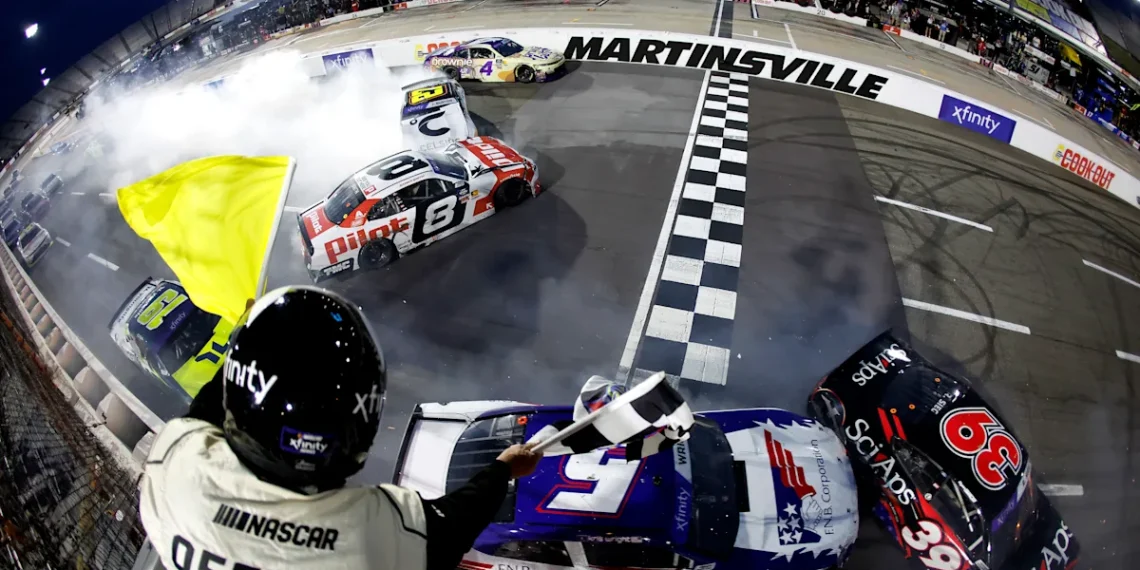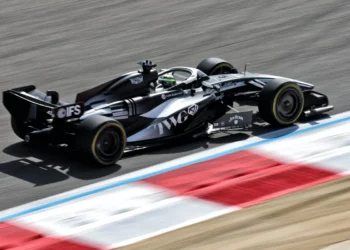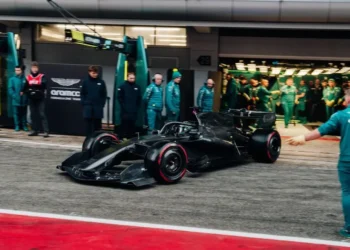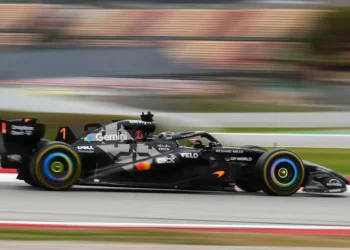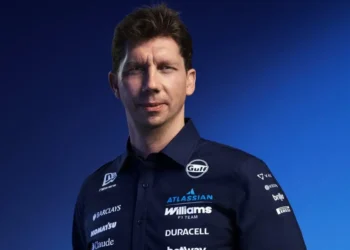In a shocking turn of events at the recent NASCAR Xfinity race, chaos erupted on the final lap as driver Sammy Smith intentionally wrecked race leader Taylor Gray. The reckless move resulted in a multi-car incident, leaving neither driver victorious. Following backlash from industry leaders, NASCAR took action against Smith, imposing a 50-point deduction and a $25,000 fine.
To address the escalating tensions and on-track behavior, NASCAR conducted a mandatory meeting with the Xfinity field just hours before the Darlington race. Austin Hill, the driver who emerged victorious amidst the chaos at Martinsville, shared insights into the intense sit-down session. Describing the tone as firm, Hill acknowledged the necessity of the meeting in conveying crucial messages to the drivers.
Despite the disciplinary measures and the stern meeting, concerns loom over the future conduct of drivers at Martinsville, especially with a spot in the Championship 4 at stake. Hill expressed skepticism about the effectiveness of a single meeting and suggested the need for ongoing discussions to reinforce racing ethics and mutual respect among competitors.
As a seasoned driver with numerous wins under his belt, Hill emphasized the importance of leading by example and promoting a culture of fair and respectful racing. Alongside reigning Xfinity Series champion Justin Allgaier, Hill aims to guide and mentor drivers across different generations, advocating for a balance between aggression and sportsmanship on the track.
NASCAR’s stance on in-race officiating was also clarified during the meeting, with the organization preferring not to intervene unless absolutely necessary. Drivers echoed the sentiment, emphasizing the collective responsibility to uphold racing standards and avoid putting NASCAR in the position of making contentious calls during races.
Looking ahead, the Xfinity Series faces a critical juncture in reevaluating its approach to competitive racing, particularly at challenging tracks like Martinsville. The drivers, including Hill, acknowledged the need for self-reflection and collective action to prevent future incidents and maintain the integrity of the sport.

